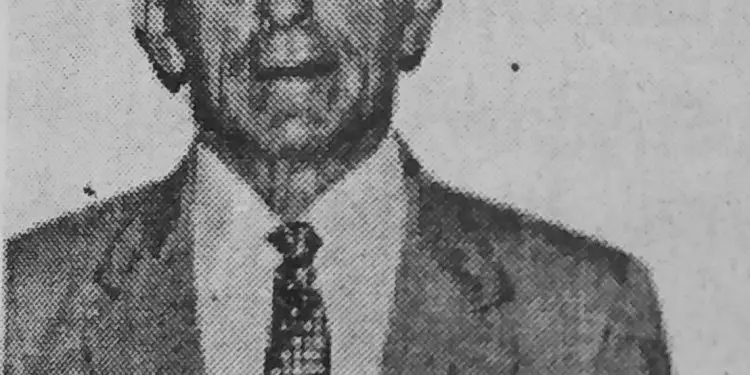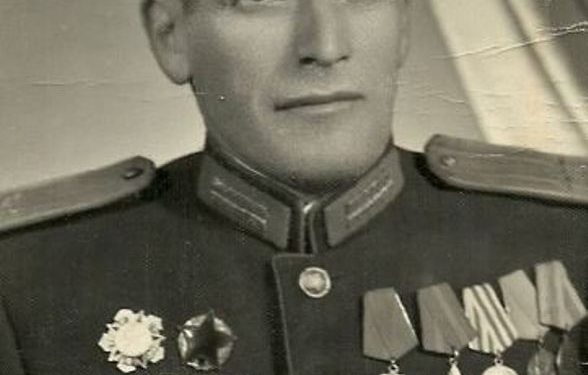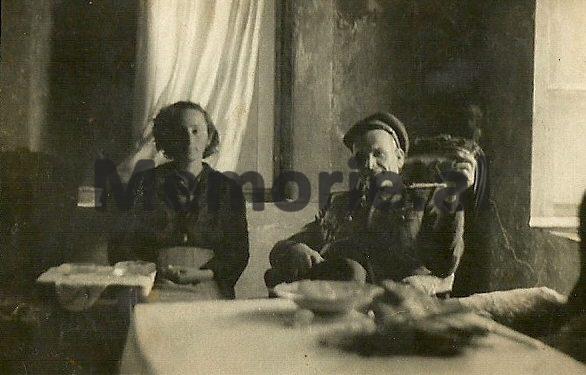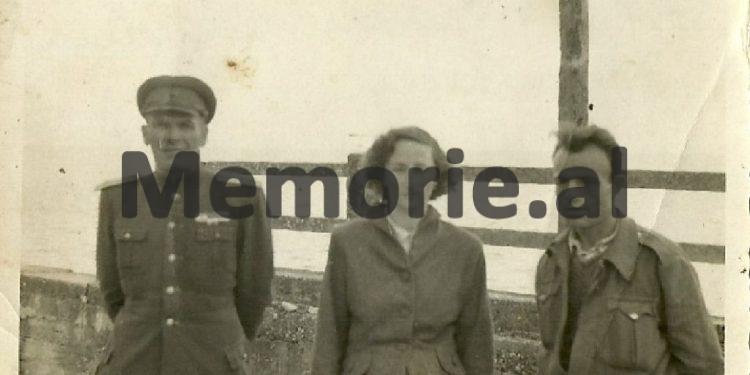By Caf Jonuz Çulaj
Memorie.al/ An old friend of mine in prison once said these words to me, “To write about suffering you will face two groups of opponents. With accomplices because you could not write, not even one hundred percent of suffering and the unbelievers who fail to believe how man can survive in those conditions.” During the period 1944-1991, Albania produced brave boys who opposed the regime, without fear of losing their lives.
The state party, on the other hand, responded with unprecedented violence. When she lacked the facts to convict someone, she fabricated them. First, the state was interested in having a large contingent, to work in mines and fields without pay. And the second is that these measures kept the people submissive. The history of this half-century is replete with such examples, which resulted in murders, imprisonments, internments, and persecutions.
Thus, we can mention the arrest of nationalist deputies, the group of clerics in Shkodra, the bombing of the Soviet embassy in Tirana, the murder of Bardhok Biba, the group of Teme Sejko, the elimination of Haxhi Hajdari, etc. To continue in the ‘70s, with the hitting of groups in culture, army, economy, etc. There were accusations that they were polyagents of foreign services. Of course, the deafening propaganda that was served to the people, and he was obliged to listen.
This is what happened to Haxhi Hajdari’s group. In unknown circumstances he, being an MP, is forced to take refuge in a cave in Rrjoll. Numerous military forces are engaged in its destruction, including artillery. Finally, he is killed with a mortar shell. Immediately after this event that caused a stir in Shkodra, a large campaign of arrests began. Many of his friends and acquaintances are imprisoned. Among them is his nephew, Muho Bala. The charges against him were various, non-denouncing, sheltering, etc.
It was enough that he was Haxhi Hajdari’s nephew and his elimination was a matter of time. No one thought Muho Bala would escape the bullet. Others thought, that he would die in the investigator. Yet he stood dignifiedly rarely responding. These answers infuriated his investigators and the head of the Shkodra Branch of Internal Affairs, Feçor Shehu.
Witnesses were also brought in and he again refused. He was then sentenced to death. For 65 days and nights bound, he awaited death. At the end of his sentence, he was reduced to 25 years, which meant that he was an “incorrigible enemy”. Tried many prisons and labor camps. He spent most of his time in Burrell Prison, where he was very polite to his friends. He shared the few foods that came with them, and often was left empty-handed. In this way he won the love of his friends.
Before he was arrested, he had many friends. But then out of fear, they left him and did not remember him in prison. The only one who helped him was his aunt. She worked on the farm and from that job, provided a little income. Well, with those few gains, she would not be shared with her nephew in prisons and camps, both in summer and in winter. Every month he would knock on the prison door with food trays.
We who knew him said, “Muho’s aunt came”. She became very well-known and enjoyed the greatest honor. Aunt, had a small salary. She had to help her nephew and take care of her children. But the money did not come out so she found a solution. He started selling blood, month after month. Muho, when he found out he was very depressed. He advised his aunt not to come and see me anymore, but to be content with just letters. The message was clear, she should not sell blood. However, she did not stop the meetings.
On one occasion he was late, he wrote to Muho: “Do not worry about your aunt, because I have not sold her (the blood) yet.” Muhoja, was upset not that the food did not come, but that that wonderful being was being sacrificed. He often said to us, “I would not ask God for anything but to get out of this four and join my aunt to thank Him. If I reward her, I will not be able to.”
Muho, was re-sentenced to prison, with another 10 years. Now no one thought he would get out of jail. But it happened differently. The fall of the Berlin Wall made Albania warmed by the rays of democracy. Muho was released from prison and housed in a warehouse after his house was taken over by the red authorities. He sold the securities at half price in order to help those who had helped him. He would also like to help his aunt, but she was dead, leaving behind a married girl who lived in a bunker, in extreme poverty. Muhoja, unable to reward her aunt, rewarded her daughter, who bought her an apartment entrance. He did not leave without remembering money and relatives. Today, he lives on the pension he receives. He lives simply, but we are proud to be surrounded by many friends. Especially those of prison time./Memorie.al














